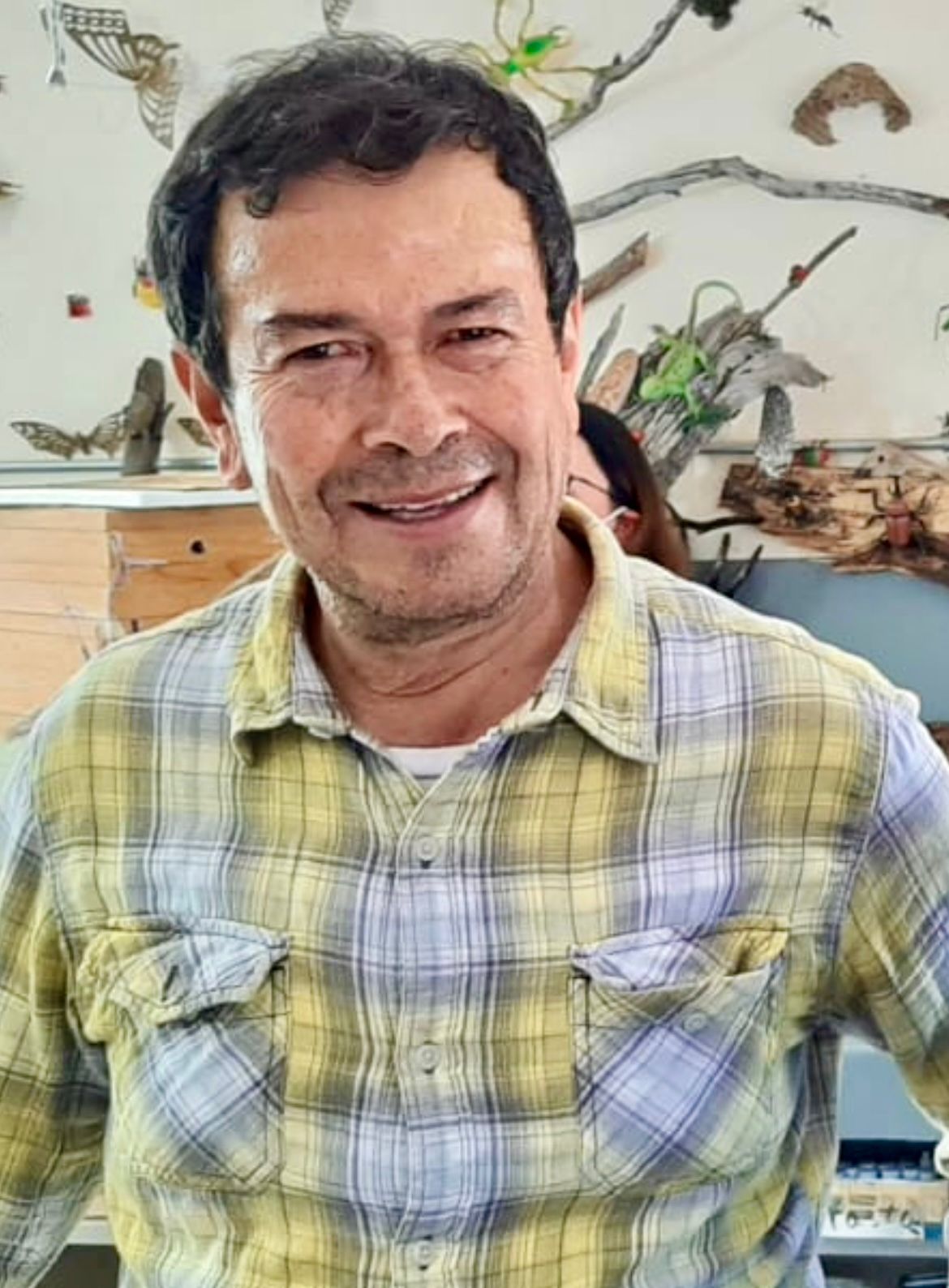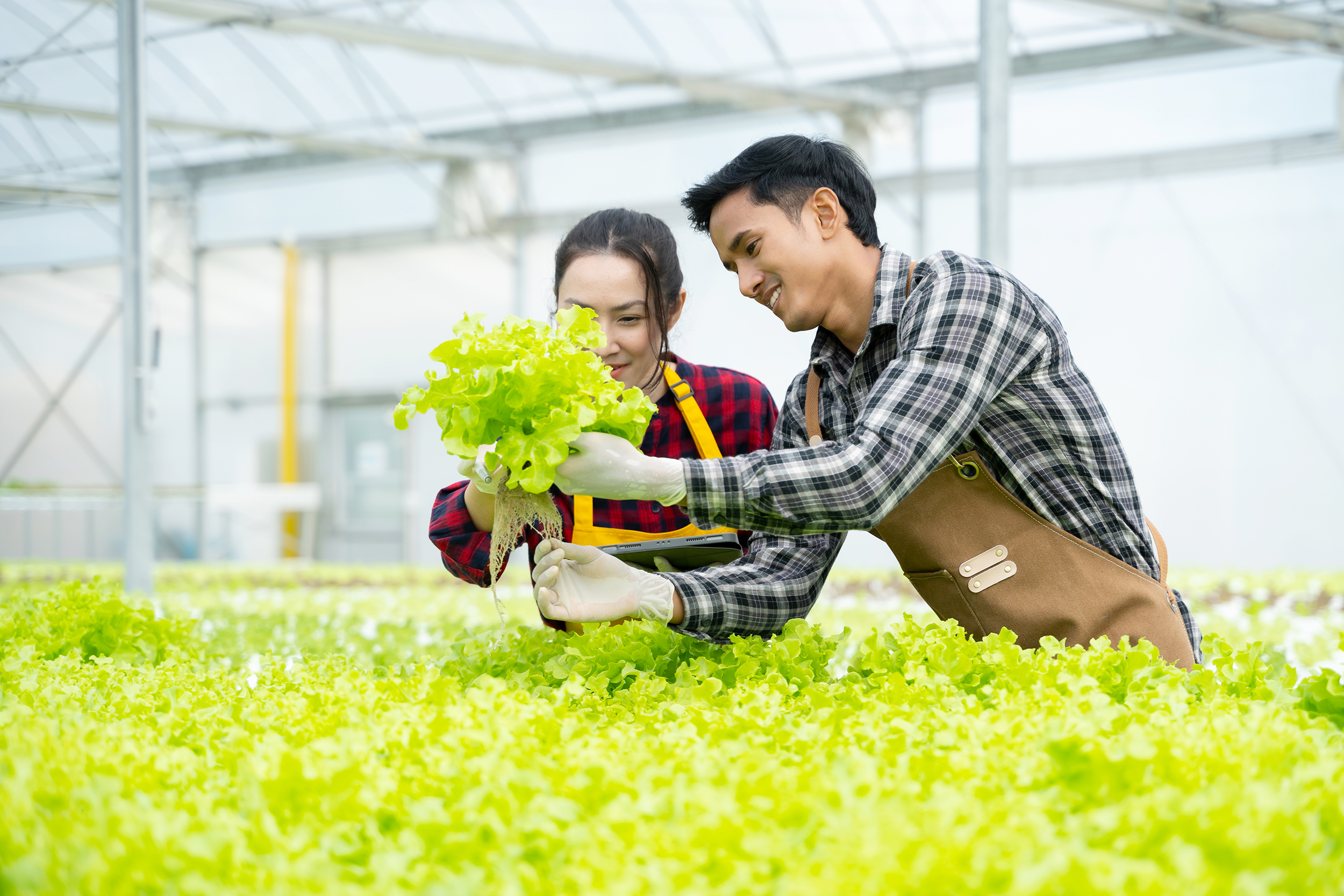Dr. Jaime Mena Covarrubia is a Mexican researcher that has worked for the National Institute of Forestry, Agricultural and Livestock Research (INIFAP) since 1979 in the area of Entomology at Zacatecas Research Station. He has developed several research projects on insect pests of cactus pear, chili, dry beans, guava, peach, and corn, which he has carried out almost entirely on farmers’ plots. He graduated from the Chapingo Autonomous University (1979); he completed the Master of Science in Entomology at Michigan State University (1989) and the Doctorate in Agricultural Sciences at the University of Maine (1995).
His professional development has focused on the identification, biology and ecology of pest and beneficial insects, to develop integrated pest management schemes that are environmentally friendly. He likes to interact in the area of training and technology transfer. He has participated as an instructor in more than 250 courses for extension workers and producers who grow peaches, cactus, chili, apple, corn, dry beans, small grains, and guava, among others. One of his technological achievements is the development of a food trap to effectively eliminate, without the need to use conventional pesticides, the adults of pest insects such as fall armyworm, corn earworm, armyworm, cutworm, etc., which is used by corn, dry beans, and vegetables growers at Zacatecas, several states of Mexico, and even in Georgia, USA.



